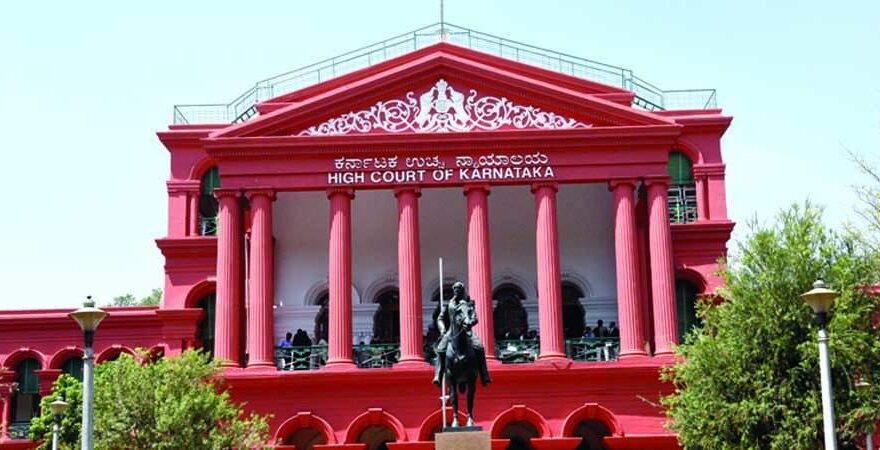
The Karnataka High Court has recently reaffirmed that banks cannot exploit Look Out Circulars (LOCs) to infringe upon an individual’s right to travel due to loan defaults.
The petitioner sought relief after a LOC prevented him from traveling abroad for business purposes.
Justice M Nagaprasanna, considering the petitioner’s non-accused status and his role as a loan guarantor, emphasized that a citizen’s travel cannot be curtailed by the bank solely on the grounds of loan default. The judge referred to the earlier judgment of the Karnataka High Court in Leena Rakesh v. Bureau of Immigration, which held that a LOC or travel restriction can’t be used as a means of debt recovery.
The case revolved around a company that had borrowed funds from a consortium of banks. Following a dispute among the company’s promoters and subsequent financial losses, the company defaulted on its loan repayments. As a result, the banks initiated proceedings under the SARFAESI Act to recover the outstanding debt, which also led to the issuance of LOCs against the company’s personal guarantors, including the petitioner.
These LOCs impeded the petitioner and others from conducting business activities overseas, prompting the petitioner to approach the High Court. The Court examined whether the bank could curtail the petitioner’s fundamental right to travel, given that he claimed to be a non-functional director while the company was the borrower.
The Court highlighted the significant consequences of issuing an LOC, such as restricting the petitioner’s movement outside the country, even in the absence of a court order to that effect. It also cited a Delhi High Court judgment in the Rana Ayyub case, where the cancellation of an LOC against her was ordered, emphasizing that personal liberty to travel should only be curtailed in accordance with the law.
By upholding the petitioner’s right to travel, the Karnataka High Court reinforced the principle that an LOC cannot be misused by banks as a method of coercion for loan recovery.




